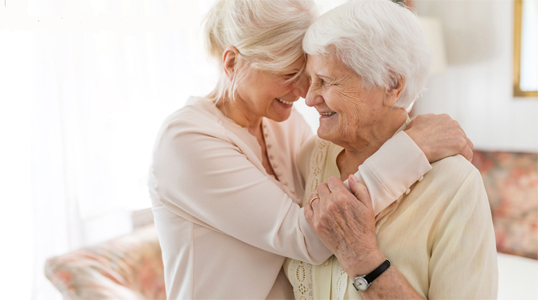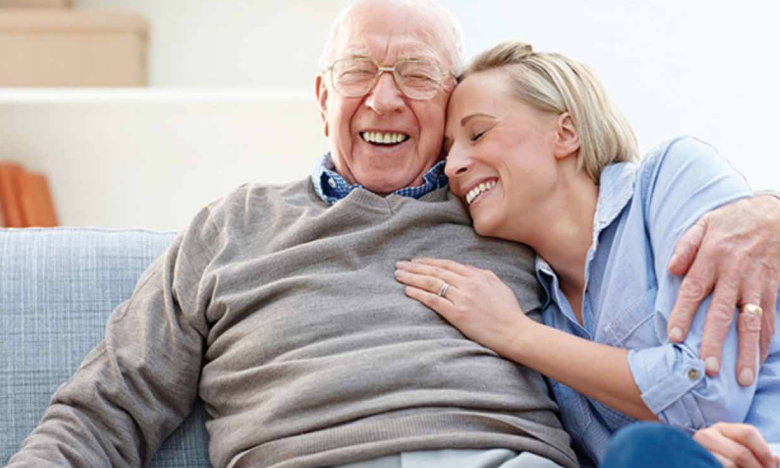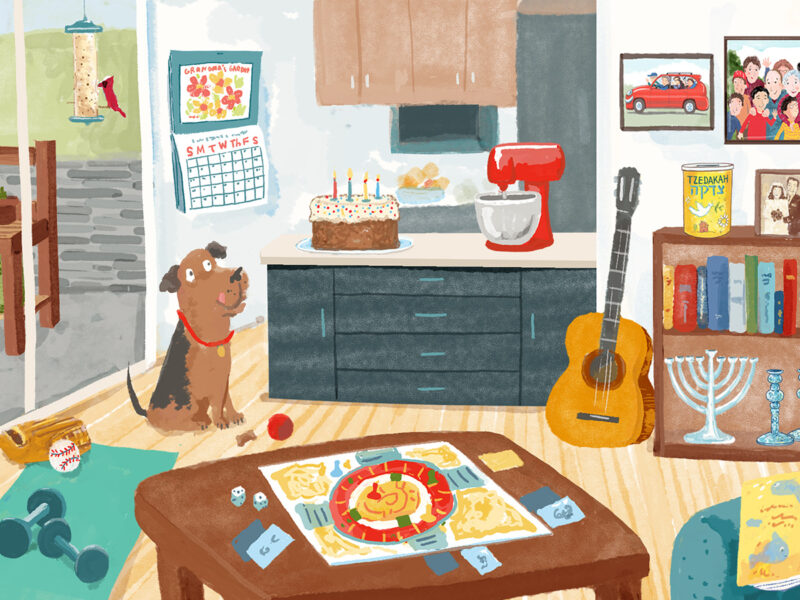
The job description might read something like this: “Looking for someone 24/7 with the patience of a saint, the wisdom of the Dali Lama, the goodness of Mother Teresa, and the ability to find the humor in the most difficult of situations. Must be fluent in the language of love.”
How many of us will find ourselves taking on the arduous role of caretaker for a loved one, family member or friend in our lifetimes? How many of us can lay claim to even a few of the qualifications that are necessary to do so?
My own experience involved caring for my husband, who, at the age of 61, was diagnosed with cancer. I never really thought of myself as a caregiver during the 3 years, 7 months and 11 days of his illness. I saw myself as his wife; devoted to caring for him as part of a loving marriage and lifetime commitment. But statistically, I fell into the category of the more than 60 million unpaid caregivers who, according to the National Alliance for Caregiving and AARP, are actively engaged in caring for a chronically ill, disabled or aged family member or friend, often without training or support.
Caregivers typically help with activities of daily living such as bathing, dressing, meal preparations, household tasks and managing finances, but the real work comes in what can’t be measured by cooked meals or loads of wash. Because at the heart and soul of caregiving is the deeply human undertaking of understanding, honoring and dignifying another person at what is often their most vulnerable time of life.
Caregiving is as unique as the individual for whom one is caring. In the simplest of terms, this means that one size fits…one. A caregiver may often need to be a fierce advocate, a diligent gatekeeper, the one who has to initiate the most difficult conversations about things never discussed before in a family. Caregiving challenges us to learn about medications, wheelchairs, medical tests and scans, bodily functions and often, the details of death and dying. In short, it’s a crash course in life, love, and often, a loss for which most of us are never prepared.
But caregiving can be a deeply rewarding experience because it requires us to draw upon our deepest, most compassionate and often most loving selves. Regardless of religious affiliation or lack thereof, taking care of another person who has lost the capacity to care for themselves has the potential to be a truly holy, spiritual experience.
I am not an expert in the field, nor do I pretend to be. But during the years I cared for my husband, I found that these strategies kept both of us going strong.
A positive attitude is often the most important ingredient in the recipe of caregiving.
Communication is key: For both the caregiver and the patient, it is essential to cultivate respectful ways of communicating needs, feelings, concerns and frustrations.
Use available tools and resources. Online help, family, friends and neighbors, list serves to share information like Caring Bridge and support groups can help reduce the daily demands.
Be open to change and let go of the outcome. A caregiver who is able to be flexible and adaptive will often reduce the stress of the situation.
Don’t spend unnecessary time or waste hours going down the internet “rabbit hole” looking for answers. Ask experts, doctors and medical staff for guidance.
Be open to health care alternatives such as acupuncture, massage, hypnosis, CBD and other holistic remedies.
Plan something simple to look forward to every day. A new recipe, a television show, or a walk around the park can bring joy to a day.
Take care of the caregiver. Make time to engage in self-care every week. Ask a friend to cover while you take a walk, go to a movie, or do something that feels like it’s “just for you!”
Focus on the good things, no matter how small. Express gratitude whenever possible.
Remember this beautiful quote by Vivian Greene: “Life isn’t about waiting for the storm to pass … it’s about learning how to dance in the rain.”
Caregiving is so much more than managing daily activities, household tasks and health care. It is a chance to deeply appreciate and value life while offering dignity, love and acceptance to another human being.
Amy Hirshberg Lederman has written more than 300 columns and essays that have been published nationwide, amyhirshberglederman.com.




